On a sward of AstroTurf somewhere off Silicon Roundabout, Mountain Media is hosting its summer party and, well, it’s the sort of bash you’d pluck your own eyes out to avoid. Hipsters sprawl on dayglo beanbags. Lads wearing fairy wings strike aftershave-advert attitudes as they swig bottled lager, while girls in vintage dresses pout into smart phones through cardboard Instagram frames. Naturally, it’s got its own hashtags: everything is flashed up on digital screens. The only thing that jars — though perhaps it’s some new straight-outta-Hoxton trend — is that instead of a DJ there’s a live band, and the music’s by Handel.
Handel’s English-language tragedy Acis and Galatea was once one of his most bankable properties. Georgian audiences couldn’t get enough of nymphs and shepherds, the zombies of the early 18th century. But beyond the rustic charms of Handel’s score — all warbling recorders and artlessly crafted melodies — you’re left with a wisp of a story (from Ovid’s Metamorphoses) which ends with the hero turning into a fountain and whose most compelling character is a Cyclops. Confronted with the scruffy intimacy of Lilian Baylis House, director Sarah Tipple and designer Justin Nardella took their cue from Ovid and opted for complete transformation: an urban pastoral set in a world every bit as unreal as Arcadia.
So the love of the shepherd Acis (Alexander Sprague) and Galatea — sorry,@galatea_89 (Lucy Hall) — became a workplace romance, while the jealous rage of Polyphemus (Matthew Durkan) was fuelled by a social-media humiliation. Operatic voices rarely sound great in industrial spaces, still less in the round, but the cast clearly enjoyed the concept and they inhabited their characters both physically and vocally, whether through Sprague’s graceful way with a phrase, Durkan’s dark, rolling outbursts or the way Hall’s soprano tightened with grief and then bloomed in the final scenes. Bradley Smith sang elegantly as Acis’s office wing man Damon. If, under Nicholas Ansdell-Evans’s direction, the nine-piece orchestra felt a bit relentless and occasionally scrappy, the thrill of hearing the ENO Chorus flood that space with sound was generous payback.
But this wasn’t a show for those who like their baroque fantasies prissy. For me, the only major disappointment came after Acis’s death (his co-workers captured his spasms on their iPhones), with the moment of transformation. Handel’s music lifts off into blissful enchantment, and Tipple had been so inventive up to this point that I was sure she’d give us something magical and unexpected, possibly involving the inflatable unicorn visible on top of the drinks chiller (like Chekhov’s pistol, you can’t dangle an inflatable unicorn and then not use it). Her online solution (#rememberAcis) felt depressingly mundane. Maybe that was the point. But either way, it was a fun evening and it finished early enough for dinner — neither a given with a Handel opera.
In Birmingham there was a taste of Handel’s competition, in the form of John Frederick Lampe’s 1737 ‘burlesque opera’ The Dragon of Wantley. Eighteenth-century theatre was incestuous. Handel’s librettist John Gay had previously collaborated with Lampe’s producer John Rich on The Beggar’s Opera: a satirical skewering of Handel’s Italian operas, whose success, it was said, ‘made Rich gay and Gay rich’. You probably had to be there. Modern productions have reminded me of the line Ben Elton gave to Shakespeare in Upstart Crow: ‘It just requires lengthy explanations and copious footnotes. If you do your research my stuff is actually really funny.’
Anyhow, The Dragon of Wantley trounced The Beggar’s Opera at the box office, and you can still see why. I’d expected stilted dialogue and short-breathed music: what we heard was an inventive through-composed opera, complete with swaggering overture, lively ensembles, and a droll libretto by Henry Carey. ‘It’s basically G&S with harpsichords,’ said the house manager as we went in. That’s a compliment in my book, and though Lampe’s music is humorous in intention, like Sullivan’s it has a lyricism and freshness that’s captivating on its own terms.
The plot, then. Said dragon menaces the drunken inhabitants of Wantley, South Yorkshire, and after romantic complications is dispatched not by some chivalrous Rinaldo or Ruggiero, but by a local squire who adopts the altogether more British approach of getting hammered and kicking it in the arse. The students of the University of Birmingham took this precisely as seriously as it deserved, with am-dram costumes offset by lovely, lucid singing from Emily Beech as damsel-in-distress Margery. As the dipsomaniac Moore of Moore Hall, Barney Walsh played it deadpan, with Harriet Smith as his jilted lover Mauxalinda delivering some amusing histrionics: in fact, the whole company kept it just the right side of panto, for which all credit to the director George Bandy. I know opera buffs are always saying things like this, but seriously, why isn’t The Dragon of Wantley a cherished classic?
Got something to add? Join the discussion and comment below.
Get 10 issues for just $10
Subscribe to The Spectator Australia today for the next 10 magazine issues, plus full online access, for just $10.
You might disagree with half of it, but you’ll enjoy reading all of it. Try your first month for free, then just $2 a week for the remainder of your first year.


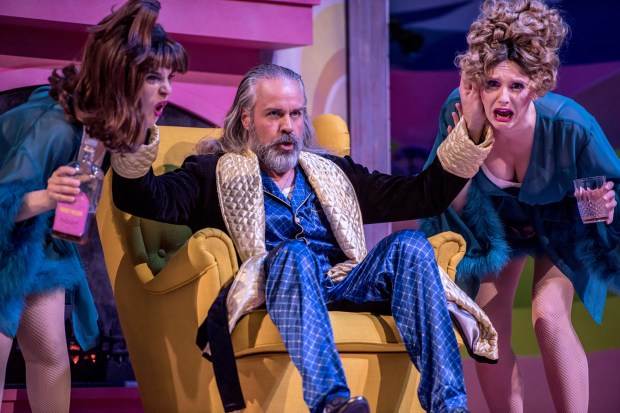
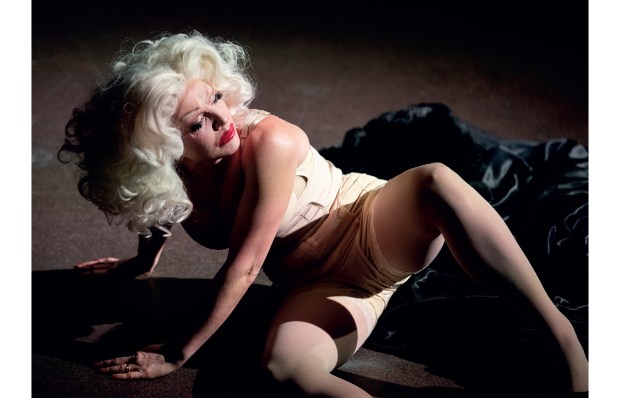
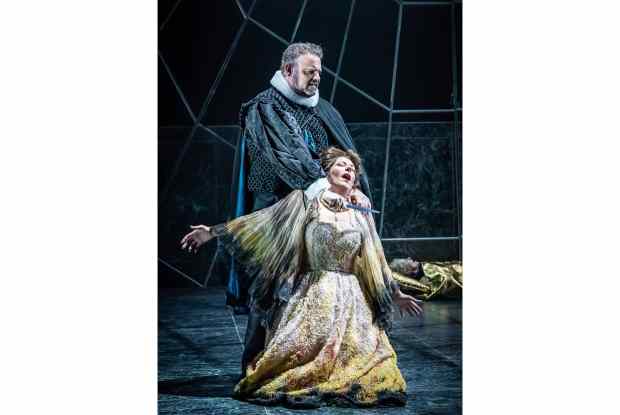
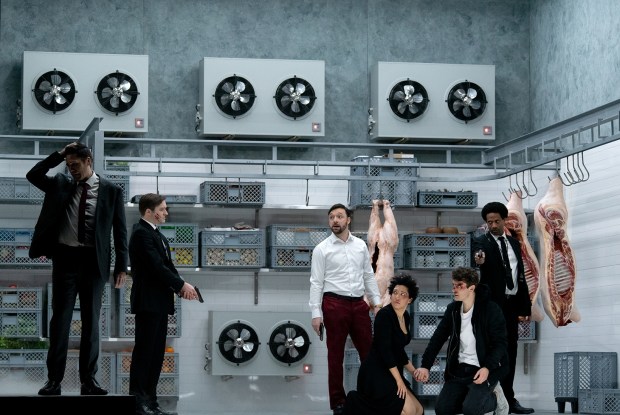
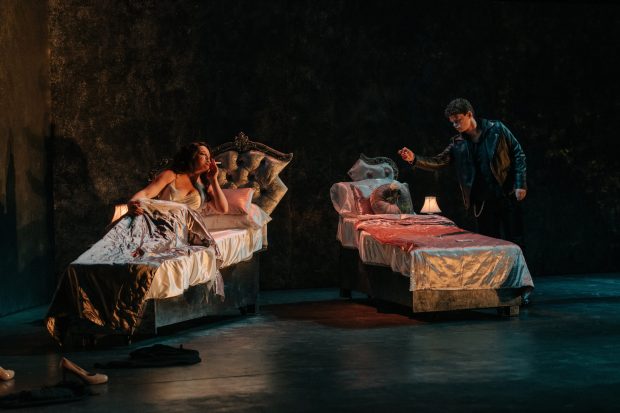







Comments
Don't miss out
Join the conversation with other Spectator Australia readers. Subscribe to leave a comment.
SUBSCRIBEAlready a subscriber? Log in